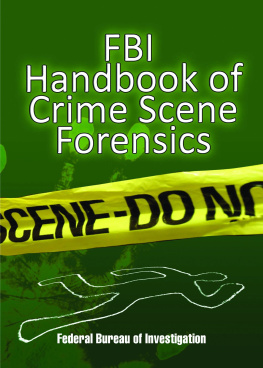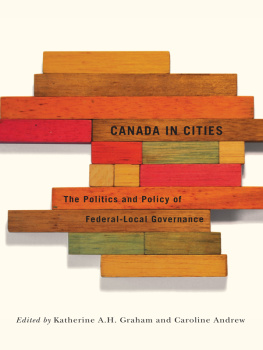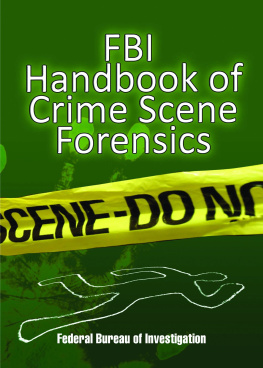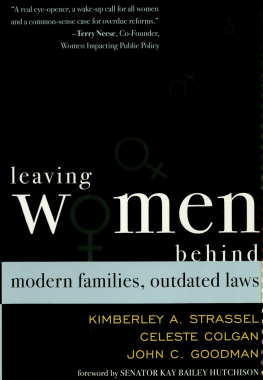Thank you for downloading this Simon & Schuster ebook.
Get a FREE ebook when you join our mailing list. Plus, get updates on new releases, deals, recommended reads, and more from Simon & Schuster. Click below to sign up and see terms and conditions.
CLICK HERE TO SIGN UP
Already a subscriber? Provide your email again so we can register this ebook and send you more of what you like to read. You will continue to receive exclusive offers in your inbox.
We hope you enjoyed reading this Simon & Schuster ebook.
Get a FREE ebook when you join our mailing list. Plus, get updates on new releases, deals, recommended reads, and more from Simon & Schuster. Click below to sign up and see terms and conditions.
CLICK HERE TO SIGN UP
Already a subscriber? Provide your email again so we can register this ebook and send you more of what you like to read. You will continue to receive exclusive offers in your inbox.

An Imprint of Simon & Schuster, Inc.
1230 Avenue of the Americas
New York, NY 10020
www.SimonandSchuster.com
Copyright 2019 by Michael G. Chase
All rights reserved, including the right to reproduce this book or portions thereof in any form whatsoever. For information, address Atria Books Subsidiary Rights Department, 1230 Avenue of the Americas, New York, NY 10020.
First Atria Books hardcover edition June 2019
 and colophon are trademarks of Simon & Schuster, Inc.
and colophon are trademarks of Simon & Schuster, Inc.
For information about special discounts for bulk purchases, please contact Simon & Schuster Special Sales at 1-866-506-1949 or .
The Simon & Schuster Speakers Bureau can bring authors to your live event. For more information or to book an event, contact the Simon & Schuster Speakers Bureau at 1-866-248-3049 or visit our website at www.simonspeakers.com.
Interior design by Dana Sloan
Jacket design by Philip Pascuzzo
Jacket illustrations by Mike Chase
Author photograph Allegra Anderson
Library of Congress Cataloging-in-Publication Data is available.
ISBN 978-1-9821-1251-6
ISBN 978-1-9821-1253-0 (ebook)
This book is dedicated to the United States Congress.
You guys are hilarious.
Introduction
GETTING STARTED
I f youre like most Americans, your first experience with the heart-pounding thrill of committing a federal crime came from a little white tag on the end of your mattress.
Cut me, it dared you. Tear me off.
At first, you probably resisted. You left the tag affixed to your mattress, letting it threaten you day after day in your own bedroom. DO NOT REMOVE THIS TAG UNDER PENALTY OF LAW , it warned in bold letters. But that just made you want to do it even more, like the legal equivalent of hearing someone say, You cant hit a guy with glasses.
Then, one night, youd finally had enough. Maybe youd had a few too many wine spritzers. You gave in, ripped the tag off, and have waited anxiously each day for the FBI to show up with a warrant.
Your fear isnt totally unfounded. There really is a federal statute that makes it a crime to remove a mattress tag. Violations are punishable by fines and up to a year in prison. But if youre a tag cutter who once thought of yourself as a hardened federal criminal, you may be in for a shock: the feds arent coming for you and they couldnt care less about what you did to that helpless little tag. The federal mattress tag law exempts ultimate consumers from criminal liability. It even says so right there on the tag, if you had just bothered to keep reading. The only real criminals are the mattress dealers who would dare remove a tag from bedding before it finds its forever home. That means all Americans are free to cut off their own mattress tags with impunity, just the way our Founding Fathers intended.
But just because the government doesnt care what you do with a mattress tag in the privacy of your own bedroom doesnt mean its particularly difficult to commit a federal crime. Far from it, actually. Congress has passed thousands of federal criminal statutes and has allowed federal agencies like the IRS and the FDA to make thousands upon thousands more rules that carry criminal penalties. These criminally enforceable rules cover everything from how runny ketchup can be to what youre allowed to do if a bird of prey takes up residence in your house. Federal law even sets limits on just how friendly you can get with a pirate.
The tricky part for the average person is that theres no comprehensive list of all the things that are crimes today. In fact, no one even knows how many federal crimes there are. Whats worse is that the law usually doesnt require that a person even know something is illegal before they can be criminally charged and convicted for it. And when you cant always know whether something is a crime, you cant always know if youre a criminal.
But how did we get here? How did we become a country where so many things are crimes? After all, it wasnt always this way. The Constitution mentions just three crimes of federal concern: piracy, counterfeiting, and treason. In 1790, Congress passed the Crimes Act, bringing the total number of federal crimes up to just around twenty. And even though the Crimes Act added a few new and exciting crimes to the federal repertoirelike the one making it a crime to steal an executed convicts dead body before it could be surgically dissectedfederal criminal law was still mostly focused on pirate crimes, counterfeiting offenses, and acts of treason.
By the late 1800s, however, Congress started passing broad statutes giving executive branch officials the power to make rules with the force of law. Sure, Article I, Section 1, of the Constitution gave Congress, and Congress alone, the power to make law. But Congress was busy, and tired, and wanted to spend more time focusing on the partisan bickering and general lack of productivity it had become so good at. Plus, as long as Congress was going to be regulating things it didnt really understand, lawmakers figured it might be better to have subject matter experts do the regulating. So Congress began delegating its lawmaking authority to federal agencies. As a bonus, congressmen didnt have to face the political repercussions when agencies made unpopular rules the way they would by voting on controversial bills. And if theres one thing thats popular in Washington, its lack of accountability.
That delegation of authority paved the way for a couple of margarine dealers getting indicted in the late 1800s for disobeying federal margarine rules. Its how a New England bakery could have been criminally charged for listing love as an ingredient in its granola in 2017. Its how it became a federal crime to subliminally advertise liquor without any real evidence that anyone was doing that in the first place. I mean, who really needs to be tricked into buying beer?
The truth is, many of these crimes were probably created largely by accident. Congress passed a bunch of statutes making it a crime to violate any regulation issued by certain agencies. Meanwhile, the agencies kept pumping out rulestens of thousands of pages worth each yearnever intending to create new federal crimes and never expecting that prosecutors would actually charge people for violating them. For the most part, the regulators were right: convictions for margarine crimes and other, sillier-sounding offenses remain relatively rare. The problem with these accidentally created laws, however, is that lots of them can be committed by accident too.
Next page











 and colophon are trademarks of Simon & Schuster, Inc.
and colophon are trademarks of Simon & Schuster, Inc.